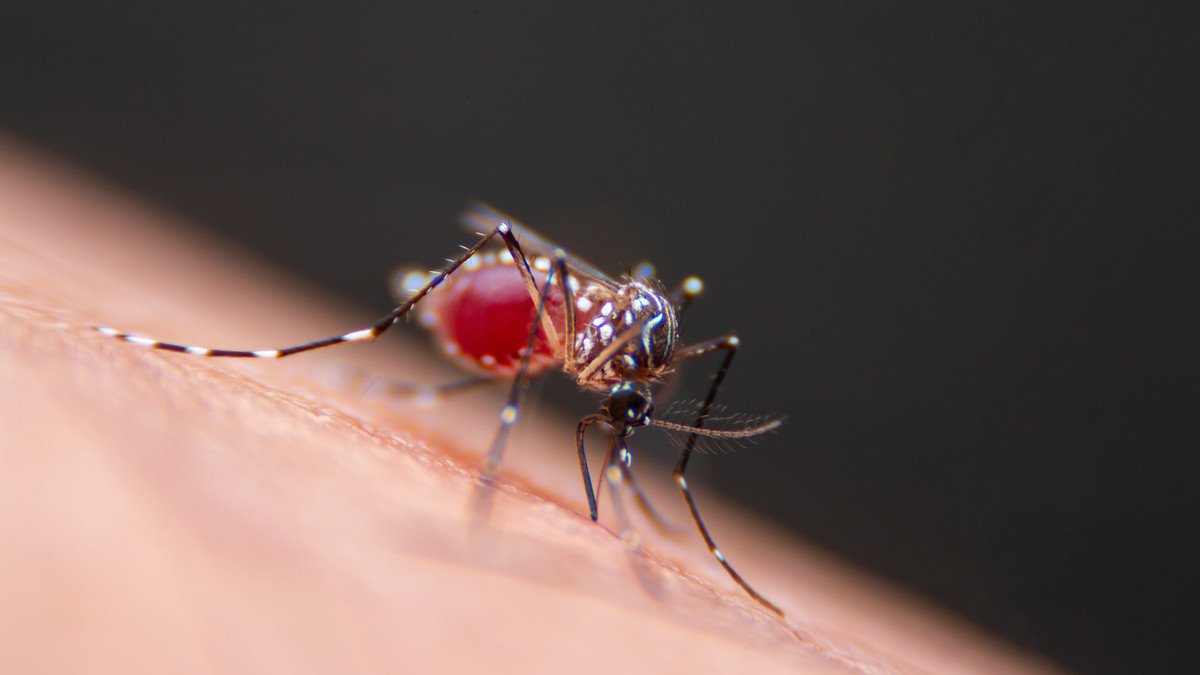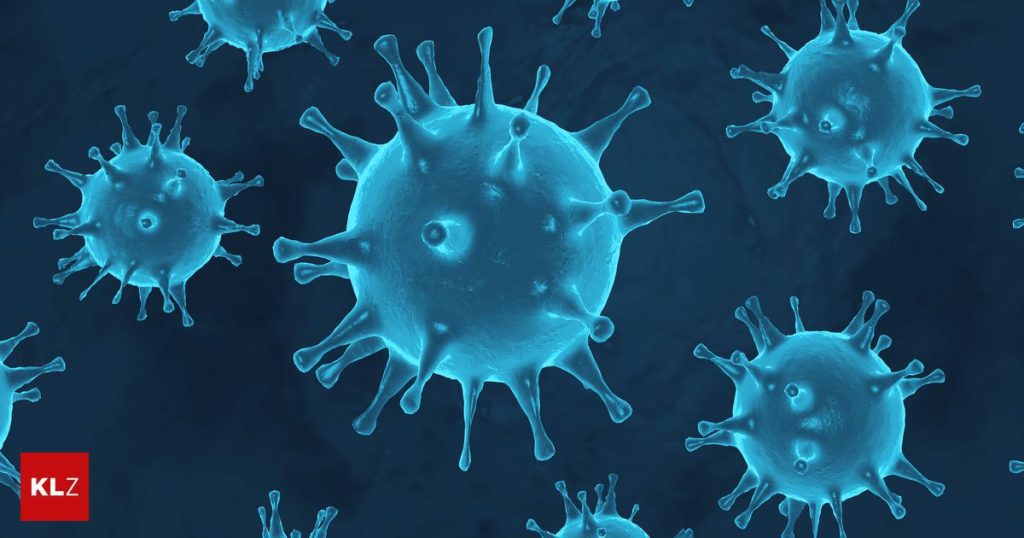Early in 2020, Austria began decoding the Sars-CoV-2 genome from wastewater samples from wastewater treatment plants. These analyzes are now part of the National Epidemic Surveillance. They reflect the diverse dynamics in astonishing detail and precision, according to a report by a team led by Andreas Bergthaler of CeMM, Med-Uni Vienna and Innsbruck researchers in the “Nature Biotechnology” journal. At the moment, with the exception of BA.5, “fairly little” happens with variants.
In Austria, researchers from the University of Innsbruck, the Technical University of Vienna and the Medical University of Innsbruck have developed analyzes of viruses in wastewater in the early stage of the epidemic. As a result, the ministries of education and health established a national monitoring system for the sewage treatment plant. Samples were taken from about 100 wastewater treatment plants across Austria regularly in order to have an overview of the local infection process and circulating variables. But at the end of the school year, the so-called school website monitoring was gradually abolished. At the moment, the monitoring of the 24 largest sewage treatment plants in Austria, funded by the Ministry of Health, is still in place – their catchment area covers about half of the population.
Study provides insight
For the current study, the scientists used sequencing and analysis data from a total of 3,413 wastewater samples from more than 90 municipal catchment areas and wastewater treatment plants, which were taken between December 2020 and February 2022. Using specially developed software, the first authors, Fabian Oman From the Research Center for Molecular Medicine (CeMM) of the Austrian Academy of Sciences (ÖAW) and Rudolf Markt from the Institute of Microbiology at the University of Innsbruck, from the spatio-temporal frequency determination of virus variants from wastewater samples. This data was then compared to records of more than 311,000 individual cases, that is, confirmed infections, along with infection epidemiologists at the Agency for Health and Food Safety (AGES).
Accurate information of wastewater
The results will confirm for the first time worldwide that wastewater analyzes provide a highly accurate overview of the pandemic situation in an entire country and reflect the spread of virus variants in the population. “For every week and every gathering area where a particular variant has occurred at least once, according to the Epidemiological Reporting System, we see a corresponding signal in wastewater in 86 percent of samples from the same week. Conversely, in about three percent of wastewater samples we see escaped variants of the existing system,” Oman says.
The researchers emphasize that the data obtained from wastewater analyzes will provide a basis for prediction of newly emerging variables and facilitate the calculation of reproductive advantage for questionable variables. Another advantage is that the infection process can be recorded in people who do not have symptoms or who do not use the test presentation. “Overall, the study shows that wastewater-based epidemiology can support public health at the national level and specifically benefit countries without extensive individual surveillance,” the researchers wrote. In addition, it also shows the potential of wastewater analytics in order to improve global surveillance of other infectious diseases in the future.

“Total coffee aficionado. Travel buff. Music ninja. Bacon nerd. Beeraholic.”







More Stories
The tumor can penetrate the outer skin
We will tell you the real reason for this physical phenomenon that caused the failure of Isaac Newton
A mysterious discovery on Mars – NASA team talks about “tire tracks” or “dragon scales”